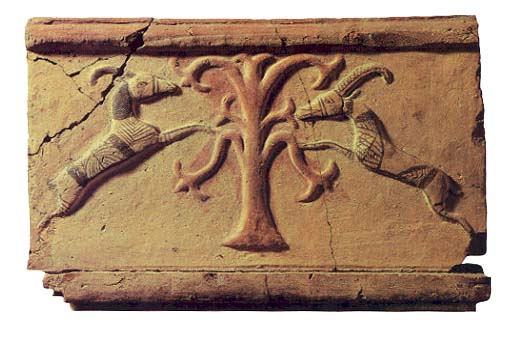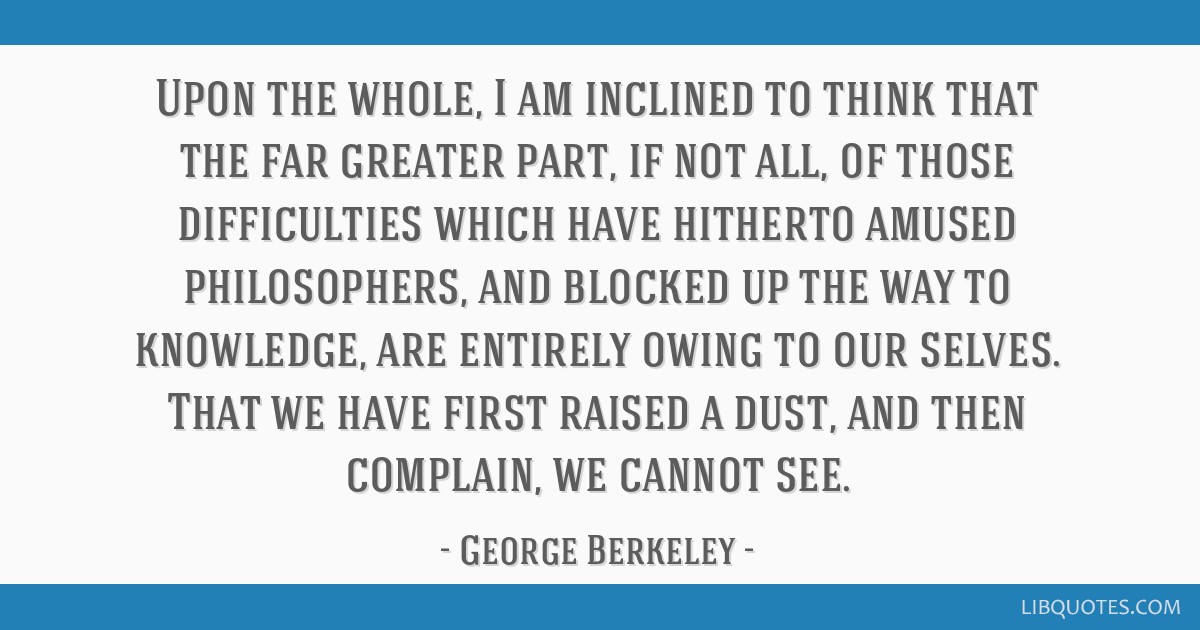4.23.19
Cherry Tree Blossom
Bow
Your Ear
低头
Ditou
耳を傾け
Mimi o katamuke
ps86
Bow your ear
that you may hear.
Bend the branch down from the tree of life.
Allow me what I need to overcome my strife.
The tree of life has been our resource in the garden
to reach for the stars with the recourse to pardon belief in our stardom.
The fruit of knowledge knows time before experience,
but the analysis of existence makes it truly serious.
I love to lie by the river in Eden
to reflect on the wonders of reason.
Preserve my soul for you are holy.
Your presence lifts me up from feeling lowly.
You have been our God long ahead of me.
My faith was yours before I came to be.
Be merciful to me.
I talk to you daily.
Rejoice in the heart of your student.
I lift up my soul to your desire for your human.
You have been good and ready to forgive.
My debt with you is such that I can pay it while I live.
You are plenteous in mercy to all that call to you.
The grace of your Spirit moves all those whom the energy may pass through.
Move your love through the voice of my supplication.
Help me bend my intent to the will of your deliberation.
I will call to you in the day of trouble.
I trust that you will help me in my struggle.
There is none like you among the gods.
Feasts on the meat of beasts make the flesh too proud to beat the odds.
All the nations that you have formed will worship you in your holiness.
All the stations in human nature will purchase the transcendence of lowliness.
You are great. You've done wonderful things.
You are the God who has enacted numberless deeds.
You have delivered my soul from hell.
You have let me drink water from your well.
The proud have risen against me.
The violent have sought to chop me like an immense tree.
They have not set your will before them.
Faith in you is seen as something to transform postmortem.
You are gracious, compassionate and full of mercy for truth.
Turn to me. Grant me your mercy to keep my soul smooth.
Show me as a token for good to those who seek to shake my faith
that they may behold the wonder of your saving grace.
---------------------------
Psalm 86
Bow down thine ear, O Lord, hear me: for I am poor and needy.
2 Preserve my soul; for I am holy: O thou my God, save thy servant that trusteth in thee.
3 Be merciful unto me, O Lord: for I cry unto thee daily.
4 Rejoice the soul of thy servant: for unto thee, O Lord, do I lift up my soul.
5 For thou, Lord, art good, and ready to forgive; and plenteous in mercy unto all them that call upon thee.
6 Give ear, O Lord, unto my prayer; and attend to the voice of my supplications.
7 In the day of my trouble I will call upon thee: for thou wilt answer me.
8 Among the gods there is none like unto thee, O Lord; neither are there any works like unto thy works.
9 All nations whom thou hast made shall come and worship before thee, O Lord; and shall glorify thy name.
10 For thou art great, and doest wondrous things: thou art God alone.
11 Teach me thy way, O Lord; I will walk in thy truth: unite my heart to fear thy name.
12 I will praise thee, O Lord my God, with all my heart: and I will glorify thy name for evermore.
13 For great is thy mercy toward me: and thou hast delivered my soul from the lowest hell.
14 O God, the proud are risen against me, and the assemblies of violent men have sought after my soul; and have not set thee before them.
15 But thou, O Lord, art a God full of compassion, and gracious, long suffering, and plenteous in mercy and truth.
16 O turn unto me, and have mercy upon me; give thy strength unto thy servant, and save the son of thine handmaid.
17 Shew me a token for good; that they which hate me may see it, and be ashamed: because thou, Lord, hast holpen me, and comforted me.
-------------------------------
The word Asherah may have been drawn from Ishtar in the Hebrew lexicon of middle eastern goddesses. The Asherah was a pole that represented a tree in religious ceremonies. There is a phonetic similarity that suggests that it was the same word spoken in a different language.
Asherah
The first verse of Psalm 86 may include a play on the image of a tree bow bowing down to listen to the prayer of someone in need.
Psalm 86:1
Bow down your ear to me Lord and hear me. I am poor and need help.
-------------------------
The tree branch took on the symbolic aspect of divine providence. It was a metaphor for divine provision through nature.
Ancient inscriptions refer to Asherah as the wife of Yahweh.
Wife of Yahweh
Tree of Life; Wife of Yahweh
"Asherah is sometimes referred to as the wife of Yahweh, whose name became something that could not be uttered, only represented as "the Lord". The Asherah poles, and eventually the name of Asherah, were banned from worship as Judaism became monotheistic and established the sole deity as male."
Ascetic influences cut out images of deity. The move to monotheism had an iconoclastic element. While the images were removed from religious temples for the sake of uniformity, there was also a preservation of the principles of human nature associated with the mythological stories.
Asherah became Ishtar. Ishtar became the tree of life in the account of creation. The tree of life was incorporated as monogamous marriage in the ceremonial celebration of the social institution that perpetuates the family tree as an element in the path to citizenship for the propagation of the state and the life of the species.
The Egyptian Sycamore Tree as the Tree of Life
Article
"The goddesses Nut, Isis and Hathor were shown as a sycamore tree...providing a liquid, almost like they are are suckling..."
The ascetic element adopted a position of opposition with respect for polytheistic expressions in mythology.
"This author, known as the Yahwist (because he was the first author of the Hebrew Bible to use the name Yahweh for God), most clearly set out his anti-Canaanite views at the beginning of his version of the Ten Commandments, in Exodus 34:12-15, where Yahweh warns the Hebrews against associating with the Canaanites, intermarrying with them, and worshipping their deities; Yahweh also orders the Hebrews to tear down Canaanite altars, pillars, and asherahs (wooden poles (stylized trees) in sanctuaries that were the cult object of their goddess Asherah (in Hebrew pronounced ah-shei-RAH) and symbolized her). "
The renunciation preserved important descriptive elements of the polytheistic worship.
Monotheism was derived from polytheism.
Asherah
Article
Polytheism was normal throughout Israel between the 10th century BCE and the beginning of their exile in 586 BCE, it was only after the exile that worship of Yahweh alone became established.
Monotheism may not have become standard among Jews as late as the time of the Maccabees (2nd century BCE).
Goats are depicted near an asherah as another aspect of providence.
------------------------
Raised Dust
George Berkeley raised some dust of his own in his Principles of Human Knowledge. I cringed when I read his argument about triangles, but I believe that it was his intent to question that which was wrong about Locke's argument about human understanding.
The Irish were criticized for Pelagian views from the time of Augustine. The subtext was about the justification for slavery in Locke's treatise.
Augustine himself wasn't that strongly against slavery. Neo-Platonic philosophy saw it as a transient thing. A slave today could be a king tomorrow. It wasn't what would be regarded today as a rejection of the institution. His theology was against human claims to flawlessness, purity, perfection or deification in God or as gods in God. No one was without flaw. No one was above the law.
I don't think that he agreed with Athanasius. His conviction was that faith allows us to ascend to attain our legal moral aspiration in a healthy natural way with the ethical application of religious principles for life.
Berkeley didn't argue for slavery so much as he advocated for manumission as a realizable goal for those owners who engaged in the institution. His proposal for a seminary in the Bahamas was made in the context of the competition for imperial expansion out of Europe.
The question for the competition was framed in the context of being successful by not being so moral that the other political leadership didn't accumulate a treasury large enough to invade those who wouldn't entertain slavery as a condition for the competition in imperial expansion.
The unity of the holy Roman empire had been dissolved with the Renaissance. The introduction of republican thought by classical authors had a strong anti-monarchical and anti-executive authority context in the classical Roman tradition. Executive authority for the ancient Republic only allowed for two consuls with a term limit of one year.
That was an incredibly radical opposition to the conservative policy in the line of succession for a royal house. The European theater was set for the respective kingdoms and the Dutch Republic to look to expand into the new world in a way that would maintain independence from any other colonial power.
The dust Berkeley raised in the direction of Locke's argument served a purpose that wasn't so threatening as to invite punitive action as a retaliation for disagreement. He had already made life in the British colonies a part of his plan for his ministry for the Church.
Sluga raises some dust about the president, then manages to clear away some misconception about the man. The liberal battle for one socialism or another is something that still threatens to undermine integrity in the authority of Congress more than the executive office. The liberals are dedicated to making someone else take the blame for the errors of socialist doctrine.
Sluga on Trump
https://lareviewofbooks.org/entitled-opinions/hans-sluga-donald-j-trump/#!
"Trump has been a real estate developer, a reality TV star, a prolific tweeter, a politician, and has changed his party affiliation seven or eight times. Is he a fascist? Sluga, author of Wittgenstein and Heidegger’s Crisis, warns against easy tags: “We’ve drained this word of much of its specific meaning.” Fascism, he says, “is a form of statism quite different from what we have in America today.”"
Trump has personally been against socialism. Reagan had been against socialism as well. The liberal influence won out against his conservative economic values. It is a difficulty for successful leadership in a government that like many other governments seems to be more socialist than capitalist.
Hans Sluga
b. 4.24.1939 Germany
BYU Singers - Bow Thine Ear





No comments:
Post a Comment